LATVIJA.FM
Zigmunds Skujiņš: Chronicler of Latvia’s Memory, Morality, and Metaphysics
In the literary landscape of Latvia, few figures have managed to blend moral introspection, national identity, and philosophical depth as masterfully as Zigmunds Skujiņš. His prose echoes the conscience of a nation scarred by war and rebirth, but it also rises beyond historical trauma into the quiet, everyday dilemmas of the soul. A novelist, essayist, and storyteller of staggering range, Skujiņš used language as both scalpel and salve — dissecting the truths of his time while nurturing a lasting cultural memory for generations of Latvians.
Early Roots in a Torn World
Zigmunds Skujiņš was born in 1926 in Riga, into a family where intellectualism and political awareness ran deep. His father, a physician and parliamentarian, was arrested during Soviet repressions in the 1940s and disappeared into the Gulag. This familial tragedy was not merely biographical background — it seeped into Skujiņš’s writing as a haunting undercurrent, instilling in him a persistent reckoning with fate, morality, and betrayal. He came of age during the German and Soviet occupations of Latvia, and this dual tyranny left an indelible mark on his moral imagination. Skujiņš never turned away from these dark legacies, but neither did he surrender to them. Instead, he transformed personal grief into national reflection.
A Novelist of Moral Landscapes
Skujiņš's breakthrough came with novels such as "Flesh-Coloured Dominoes" and "Nakedness", where he used allegory and historical layering to explore how ideology corrupts identity. These works often slip between centuries, threading 18th-century Baltic German nobility with 20th-century Soviet absurdity. His prose invited readers into psychological mazes where characters must navigate not only political danger but ethical complexity. What distinguished Skujiņš was his refusal to draw easy distinctions between good and evil — instead, he examined how ordinary people struggle with compromise, silence, and guilt. His characters were rarely heroes or villains, but rather survivors — flawed, burdened, and achingly human.
Guarding Latvia’s Cultural Thread
Beyond fiction, Skujiņš was a literary institution in Latvia. As an editor of the prominent literary magazine Karogs, he championed both tradition and innovation, introducing Latvian readers to world literature even under Soviet censorship. His essays and commentaries served as intellectual bridges, keeping Latvian literature open to global influence while safeguarding its native voice. In this role, he became a quiet cultural strategist — not a radical, but a resilient guardian of Latvian literary identity. He believed literature should not only entertain or provoke but remember — and in doing so, preserve the dignity of a nation frequently robbed of its voice.
A Style of Intimacy and Irony
Skujiņš’s language, though occasionally ironic, was always intimate. He wielded irony not as a weapon but as a shield — a way to cope with the absurdities of totalitarian life. Even at his most metaphysical, his writing remained accessible. He wrote about relationships, aging, guilt, and memory with such honesty that readers often felt he was speaking directly to them. His literary voice became familiar not just in print but in the Latvian consciousness, shaping how people talked about the past and imagined the future. His ability to mix melancholy with mild mischief — to see tragedy without sentimentality — gave his work a rare emotional balance.
Recognition, Reverence, and Reflection
Over the decades, Skujiņš was showered with national awards, including the Order of the Three Stars and the Baltic Assembly Prize. But more than official honors, it was the quiet reverence of readers that cemented his place in Latvian culture. For many, he was not just a writer but a witness — someone who had endured Latvia’s worst moments and chosen to write through them, not around them. When he passed away in 2022, he left behind not only a body of literature but a moral compass — one still read in schools, quoted in conversation, and felt in the tone of national introspection.
A Voice that Lingers
Zigmunds Skujiņš remains one of Latvia’s most essential voices — not because he wrote about history, but because he wrote about memory. He reminded readers that the past is not static but something we carry, examine, and reshape through the act of storytelling. In an age of quick judgments and fleeting narratives, Skujiņš’s novels ask us to slow down, to listen, and to consider not only what happened but how it made us who we are. His work endures as a mirror for the Latvian soul — fragile, fractured, but never forgetful.
